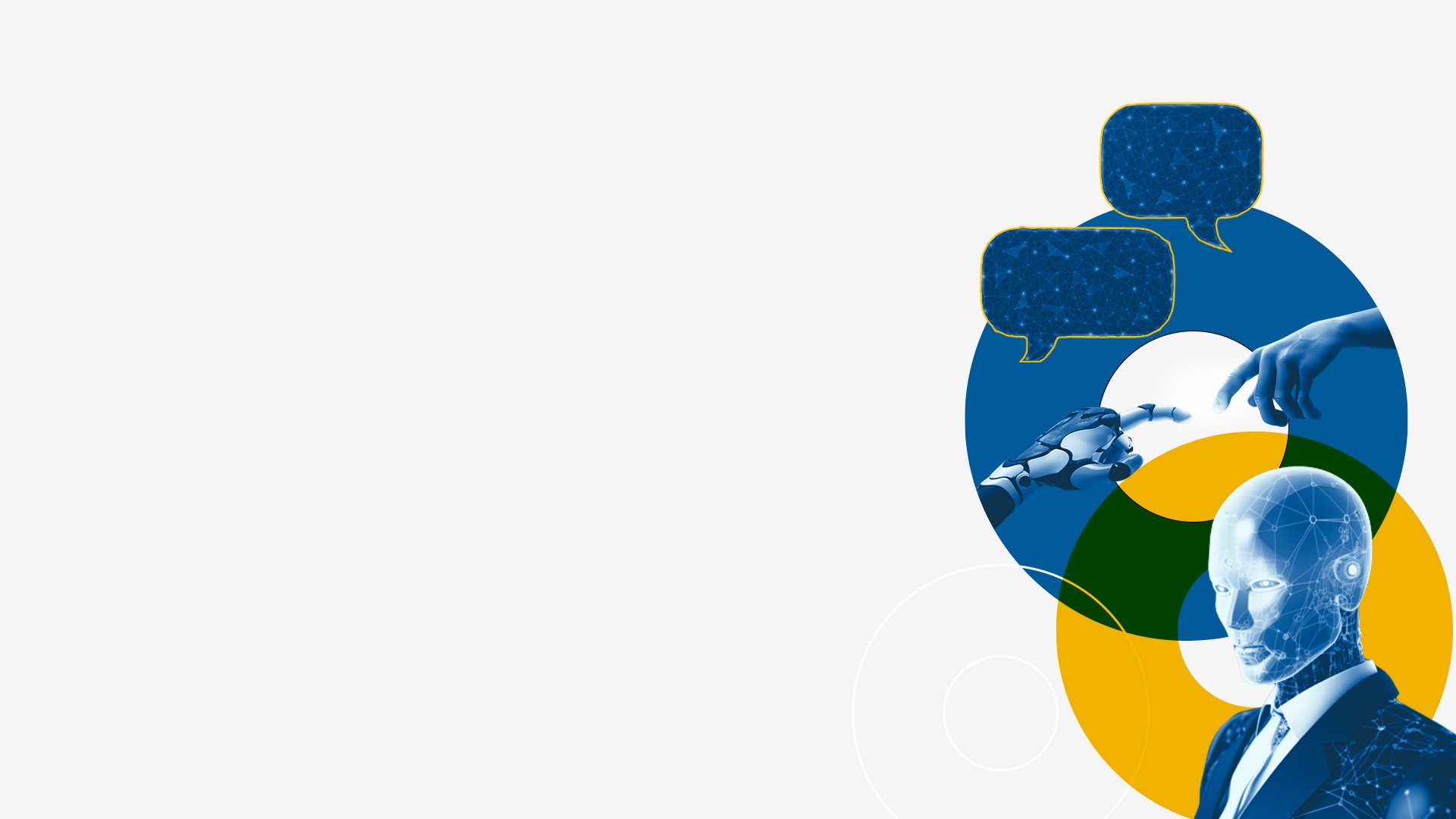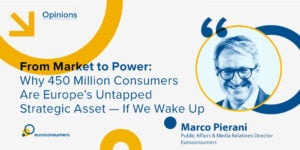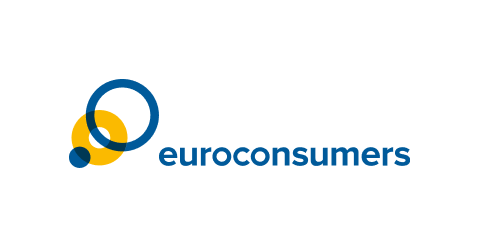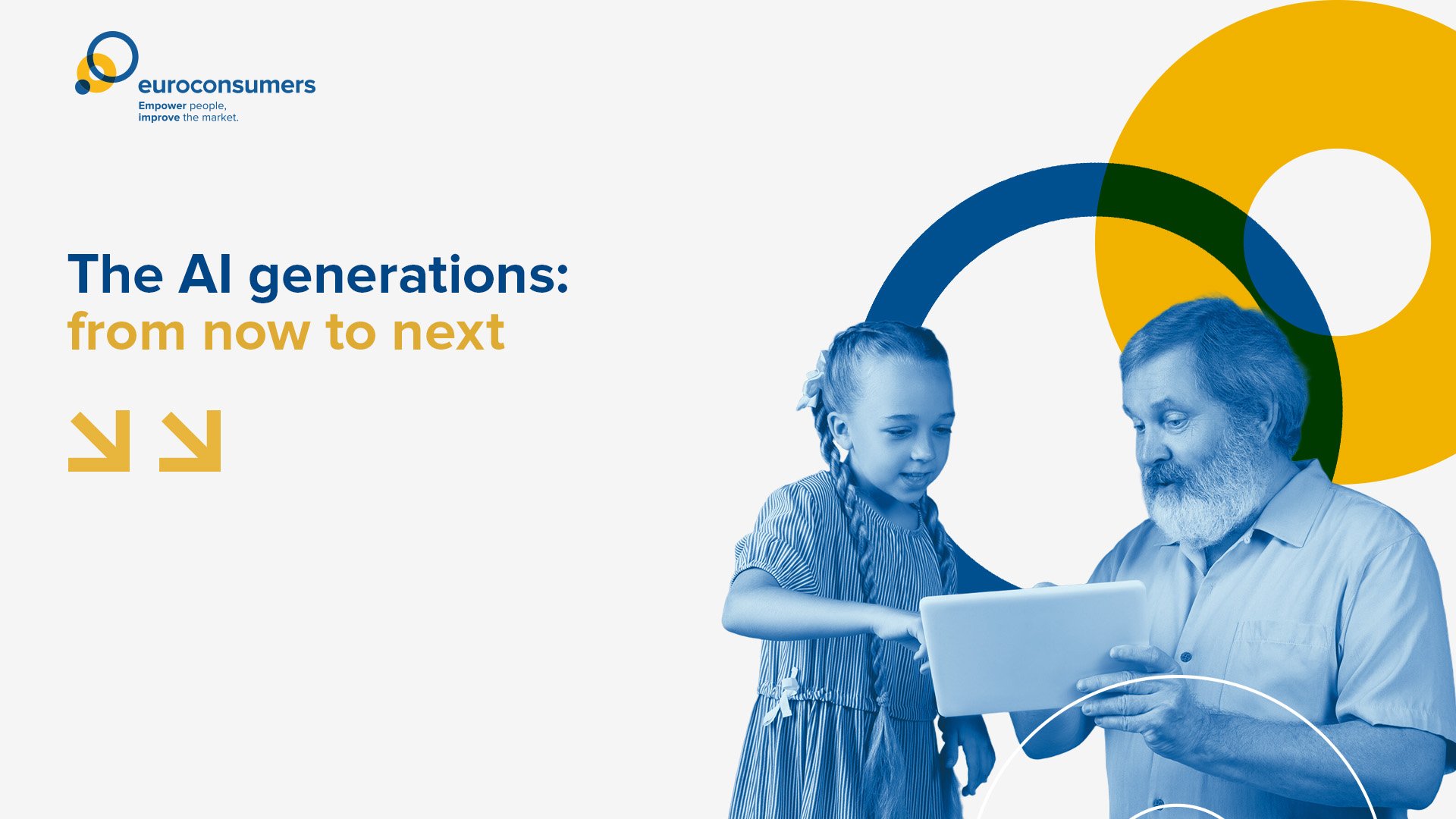
From Market to Power: Why 450 Million Consumers Are Europe’s Untapped Strategic Asset — If We Wake Up

In a pivotal speech at the Meeting di Rimini, Mario Draghi laid bare a truth Europe has long tried to ignore: our market size no longer translates into geopolitical influence. “For years,” he said, “the EU believed that the size of its market, 450 million consumers, would automatically yield power in international negotiations. That illusion has evaporated.”
He’s right. And he’s not the only one saying it.
In a sharp editorial published the very next day, journalist Ferruccio de Bortoli called the recent EU–US trade deal “a masterpiece of tartuffian diplomacy,” where concessions were painted as victories and the European consumer quietly handed the bill. His blunt question still hangs in the air: “Are European citizens just a mass of naïve buyers?”
The truth is more nuanced, but no less urgent. The illusion Draghi spoke of isn’t just about external relations — it’s internal too. For too long, Europe has treated its citizens as beneficiaries of regulation rather than as a geopolitical force. But in a world increasingly driven by power dynamics, even soft power needs a harder edge.
At Euroconsumers, we’ve argued for years that consumer protection is not merely a regulatory necessity — it is the most formidable industrial asset Europe has. If we place 450 million citizens with purchasing power, values, and expectations at the center of our strategic vision, we move from defending the market to shaping it.
As our CEO recently put it: “Consumers’ trust and demand are leverage. They should be at the heart of Europe’s strategy — if we want to move from compliance to leadership, and from market size to real strategic autonomy.”
This is not just rhetoric. In a Euroconsumers survey on transatlantic tariffs, consumers made it clear: they understand the costs. They want more transparency. And they are not blind to the fact that they are paying for trade-offs negotiated far from public scrutiny.
If Europe is to regain strategic autonomy, it must activate its demand side — not just regulate its supply chains.
This means recognizing the consumer not only as someone to protect, but as someone whose trust, preferences and voice can steer markets, investments, and international alliances.
The EU has always been a pioneer in defending consumer rights. But the time has come to treat those rights as instruments of influence.
Only then will our 450 million consumers stop being a passive mass — and become what they truly are: Europe’s lift-off platform.
That is the only way forward. If we wake up.



